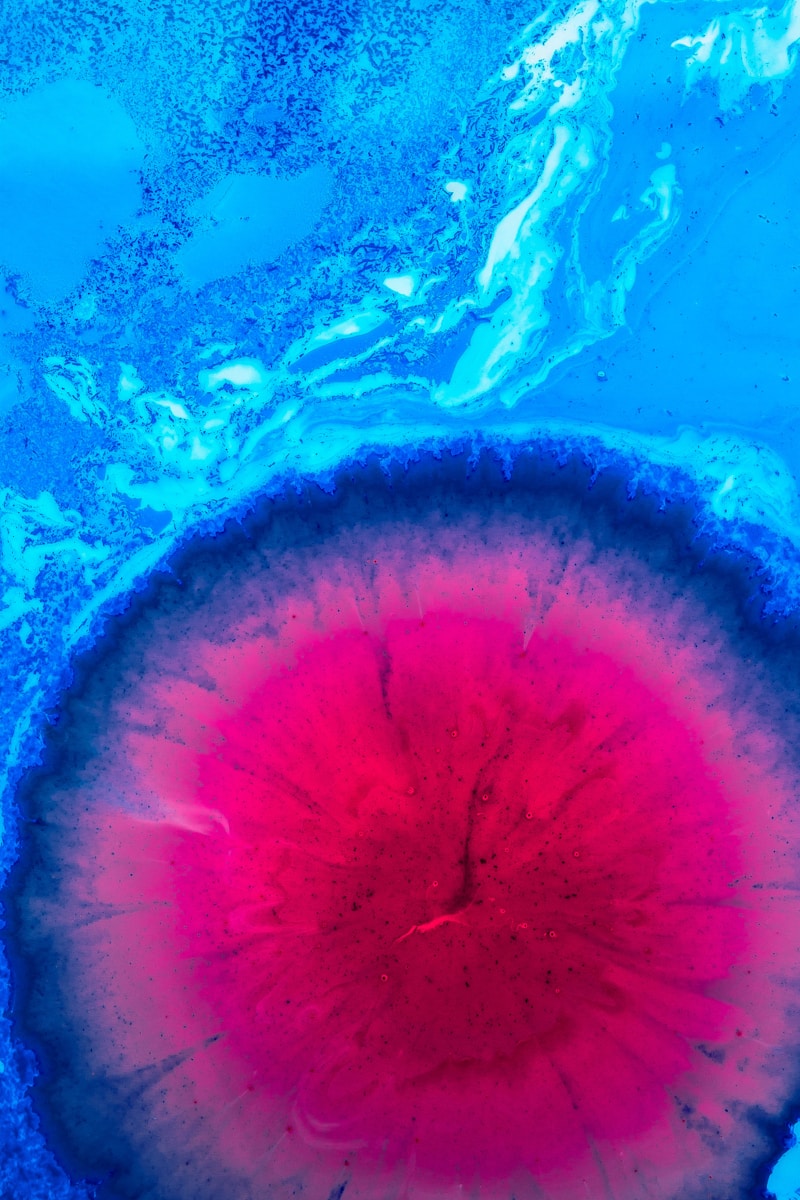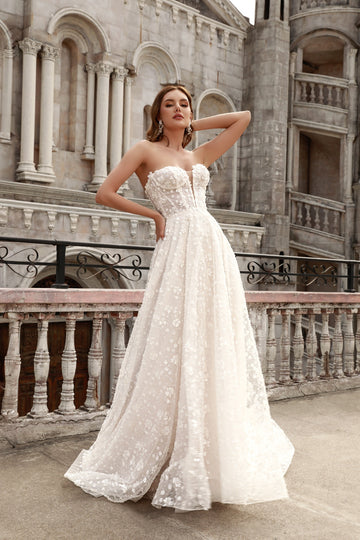Color Palettes and Their Significance in Weddings
Color Palettes and Their Significance in Weddings
Weddings are monumental occasions filled with love, joy, and new beginnings. One of the most important aspects of any wedding is the color palette that guides the entire aesthetic of the day. This article delves deep into color palettes and their significance in weddings, exploring why they matter, how to choose the perfect palette, and the latest trends. Whether you’re planning a traditional ceremony, a modern celebration, or something uniquely you, understanding color palettes can greatly enhance your wedding experience.
The Importance of Color in Weddings
Colors evoke emotions, set the mood, and can influence the overall vibe of your wedding. The significance of color extends beyond mere aesthetics; it can symbolize values, cultures, and personal preferences. Here’s a look at why color palettes matter:
- Create Cohesion: A well-thought-out color palette creates unity among different elements of the wedding, from the invitations to the floral arrangements and decorations.
- Visual Appeal: Color can dramatically enhance the visual appeal of your wedding photographs. Choosing the right palette can help ensure that your pictures are stunning.
- Reflect Personal Style: The colors you choose often reflect your personalities and shared experiences, making each wedding uniquely you.
Choosing the Perfect Color Palette
Choosing a color palette involves several considerations. Here are some tips that will help make your decision easier:
1. Consider the Season
The season in which you plan to get married can significantly influence your color choices. Each season has its own set of colors typically associated with it:
| Season | Common Colors |
| Spring | Pastels, Soft pinks, Mint green |
| Summer | Bright yellows, Bold blues, Coral |
| Fall | Warm oranges, Deep reds, Earth tones |
| Winter | Cool blues, Deep greens, Silver |
2. Draw Inspiration from Your Venue
Your wedding venue also plays a crucial role in your color selection. An elegant ballroom may call for rich jewel tones, while a beach wedding may inspire soft, breezy colors. Walk through your venue and take note of its decor, architecture, and surroundings. This can provide you a natural guide for your color choices.
3. Focus on Your Personal Preferences
While trends and themes are important, remember that it's your wedding. Choose colors you both love and that resonate with your relationship. Consider colors that hold special meaning for you as a couple.
Popular Color Trends for Weddings
Keeping up with color trends can help you choose a palette that feels fresh and modern. Here are some trending color palettes that are capturing the hearts of couples:
1. Jewel Tones
Rich, deep colors like emerald green, sapphire blue, and ruby red are perfect for adding a touch of luxury and elegance to any wedding. These hues are ideal for fall and winter weddings and look fabulous against gold or metallic accents.
2. Earthy Palettes
Soft neutrals combined with earthy tones, such as terracotta and sage green, are gaining popularity. These palettes are particularly fitting for rustic or outdoor weddings, creating a serene and romantic atmosphere.
3. Monochrome Schemes
A monochrome color palette, using different shades of a single color, can be very striking and sophisticated. This approach can create depth and visual interest without becoming too overwhelming. Consider shades of blue or variations of pink for an elegant vibe.
Integrating Your Color Palette Throughout Your Wedding
Once you've chosen your color palette, the next step is to integrate these colors throughout different elements of your wedding:
1. Invitations and Stationery
Your invitation suite is often the first impression your guests will have of your wedding's color scheme. Incorporate your chosen colors into the design, typography, and accents to set the tone.
2. Flowers and Decorations
Floral arrangements are a prime opportunity to showcase your color palette. Work with your florist to select blooms that reflect your colors, and don't hesitate to add ribbons or vases that match your scheme.
3. Attire
When it comes to attire, the bridal gown, bridesmaids’ dresses, groomsmen's ties, and even the flower girl’s outfit should harmonize with the chosen colors. Think about different shades and tones that complement each other.
4. Cake and Favors
Your wedding cake can be a focal point of your reception. Consider a cake design that reflects your color palette, whether through frosting, decorations, or cake toppers. Similarly, wedding favors can align with your colors, enhancing the overall theme.
Conclusion
Color palettes play a pivotal role in crafting a cohesive and beautiful wedding experience. From setting the mood to enhancing visuals, the right colors reflect personal style and preferences that make your special day unique. Remember to consider the season, venue, and your personal style while choosing your palette. Employing current trends can also help you stay fresh and modern. By thoughtfully incorporating your color choices throughout various wedding elements—from invitations to décor—you can create a harmonious atmosphere that resonates with you and your guests.
As you embark on your wedding planning journey, take time to explore various color palettes, seek inspiration, and most importantly, choose colors that make you feel happy and celebrated. Wedding planning can be overwhelming, but being mindful of your color choices will undoubtedly enhance your overall experience!
Recommendations: Consult with wedding planners, florists, and decorators to find the best ways to execute your vision while also remaining open to their expertise in color integration.
